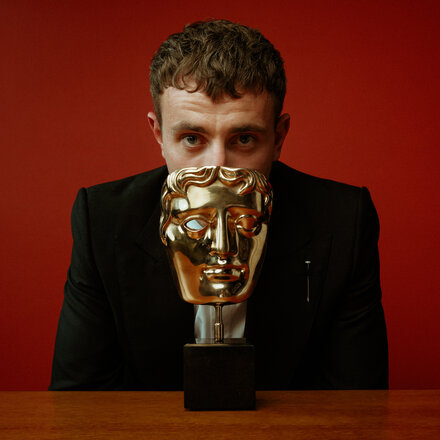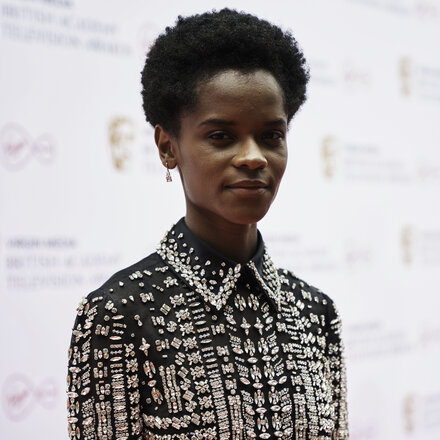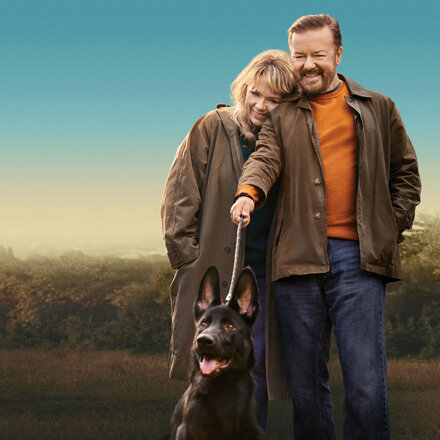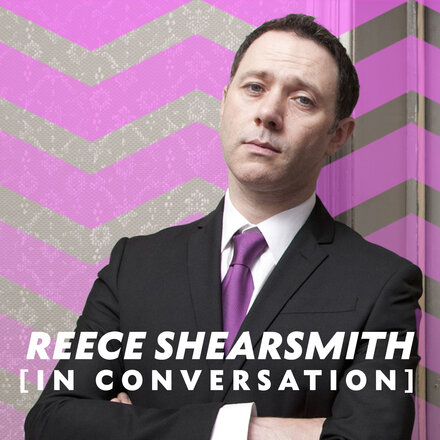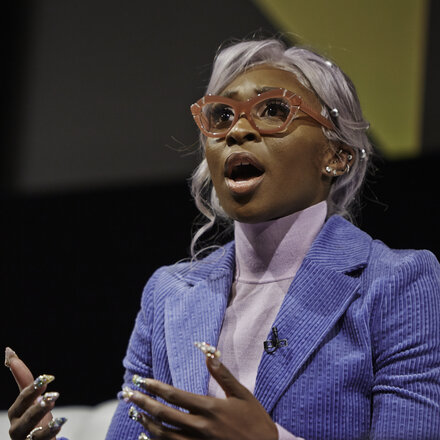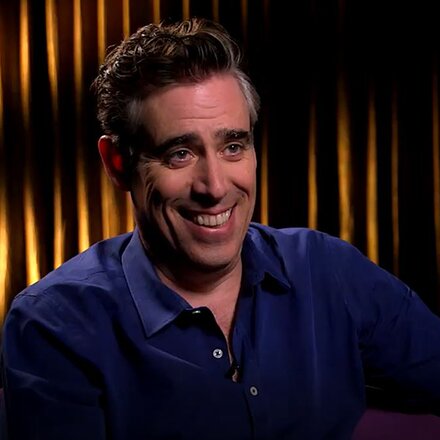Warning message
The subscription service is currently unavailable. Please try again later.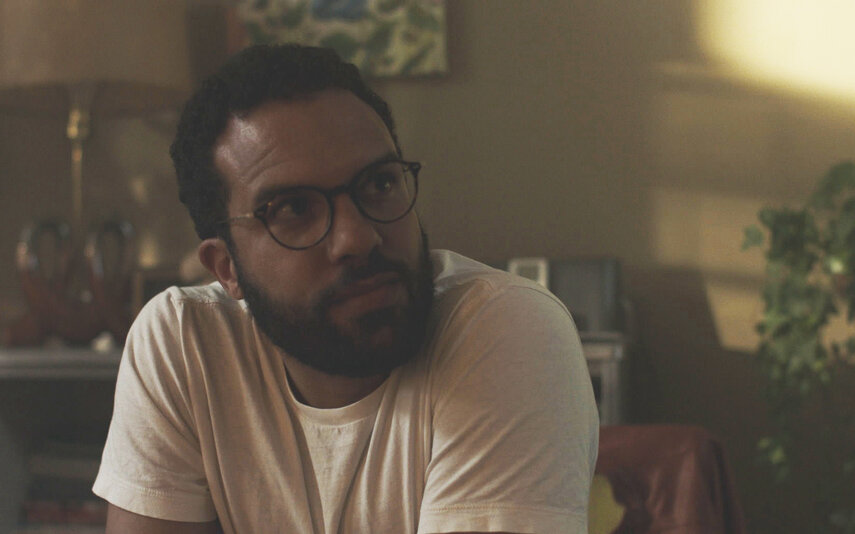
Performers’ Notes: O-T Fagbenle on Accents
One week you’re a Mancunian copper, the next a lawyer in New York. And what about that role as a 19th century Hungarian? Accents are one of the most ubiquitous elements of the actor’s craft, yet also one of the hardest to pull off. We asked O-T Fagbenle, star of The Interceptor, Looking and The Handmaid's Tale for some tips.
Interview by Ben Falk
"I never talk in my own accent. I’m always speaking with one accent or another. I went to an international school, so my accent changed a lot and still changes a lot depending on who I’m speaking to.
I find it incredibly difficult to pick up other people’s accents accurately. All the accents I’ve had to do in my career, I’ve had to go through arduous hours and hours trying to break the back of it.
I know plenty of actors who don’t need coaches, but I need as much professional help as possible. I work with accent coaches quite a lot and they are expensive, so it’s important to use their lessons wisely.
One thing I’ve found is the person who charges £200 per hour isn’t four times better than the person who charges £50 per hour.
Recently I got quoted a crazy amount to brush up on an accent. But most of the work is going to be done by you, sitting in front of your laptop with your headphones. The coach can just point out mistakes you’re not hearing yourself.
The most important accent I've learned is American. One of the difficult things about the American accent is there are so many, like the English accent, so I went for general American.
The first part of the process for me is the vowel changes. I think once you’ve locked those in – which is just a matter of learning and applying them – then after that it’s learning how words come together. It’s relatively easy to learn sentences with broken up words, but an American doesn’t speak like that. Understanding the rhythm and flow of the native speaker is another big challenge.
One of the main things I do is find interviews with native speakers and learn whole passages of people’s interviews.
I learn huge chunks of people’s actual dialogue and that gets their intonations into my body and mouth. Occasionally I choose actors that I like the voice of, it also helps to pick someone you find interesting, a subject you find interesting, so at least if you’re repeating it for hours it has some kind of interest to you outside the vowel sounds. One I’ve used was called Will’s Wisdom – which I recommend everyone to watch anyway – which was the wisdom of Will Smith. It’s a really fascinating account of his ideology. I learned a few chunks of Quentin Tarantino dialogue as well. Right now, I have some rappers from Manchester on my iPhone…

O-T Fagbenle in Looking
I’m in an HBO show called Looking where I use a West Coast general American accent and unfortunately, I do stay in it off-camera. I try and do that with every role and it is slightly humiliating.
On the set of Looking, there was an Australian actor who could just go in and out of accents willy-nilly and people were looking at me going ‘why are you taking yourself so seriously’.
For me, it’s feeling free enough in the accent that I’ll be able to improvise in it given the need.
But it’s also a self-conscious thing – I feel very self-conscious going from my accent into another accent -so that’s a way of getting around my neuroses. Ultimately, I don’t mind humiliating myself for short moments of time if it means I have the confidence to pull off what I’m trying to achieve.
I’m excited by the challenge of a new accent. There are plenty of good actors who are great at being themselves and that works. But if you want to be the kind of actor who enjoys changing, then it’s important."

O-T Fagbenle in The Interceptor

